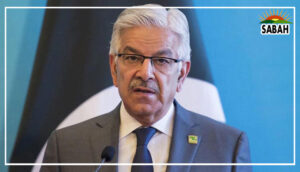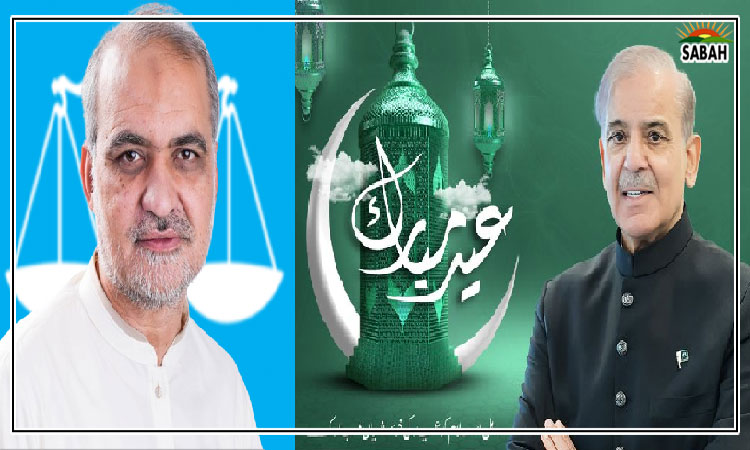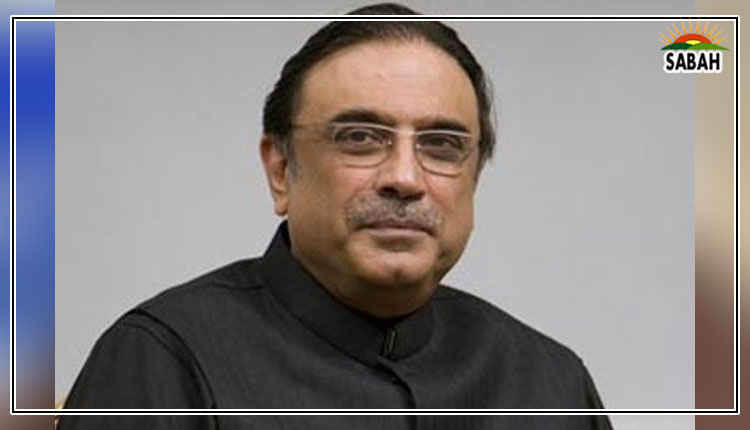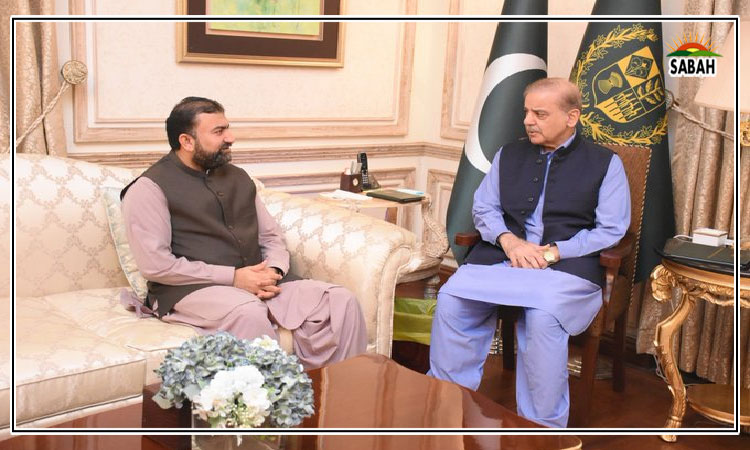All about women ۔۔۔Muna Khan
I UNDERSTAND that politics is the art of compromise, but why must women’s bodies be sacrificed at the altar of deal-making?
This question weighs heavily on my mind, but I’ve accepted this is just the way things are going to be here. Men accused of sexual assault, for example, will be awarded seats because that crime won’t be considered as grievous as their opponents’ loot maar. I was reminded of just how little value is placed on women when news of Imran Khan’s decision to nominate Amin Gandapur broke.
I understand enough politics to know that you won’t find a perfect candidate or one that will appeal to various stakeholders. However, since Gandapur’s name was announced, many questions were raised across prime time shows, leading with his alleged role in May 9 violence. It would be grossly unfair to reward him with such a high seat when people are imprisoned on the same charges. Many people brought up his sexist remarks made at jalsas about Maryam Nawaz, saying she spent Rs80m on taxpayers’ money on cosmetic surgery. (It was not denounced by the party leadership or supporters.) What few mentioned on mainstream media, but it figured on social media, were the serious allegations about his alleged support to the perpetrators of a crime where a teenage girl was stripped and paraded naked in his native D.I. Khan in 2017. He has denied those charges.
That the chairman thought it more important to send a certain message to the country with Gandapur’s nomination is the reminder I needed about women being sacrificial lambs again and again in deal-making. What disappoints me the most is the women who support this. I’m talking about the party supporters who blast ‘feminists’ for not standing up for a host of issues related to PTI but stay silent when women are thrown under the bus by their party leadership.
There can be no stability if half the demographic is ignored.
Gandapur should not be the hill anyone wants to die on.
It is possible to support a party and criticise its policies. PTI has some of the most passionate women supporters and leaders, many of whom do not subscribe to these horrendous views. I hope they will take courage and denounce anti-women rhetoric.
Unfortunately, Gandapur is not alone in the brazen display of misogyny but how can we make it unacceptable to hold such views, at least in public office? You can’t eradicate misogyny but surely there is another road away from systems built on a disregard for women’s participation in public life.
This is why language matters, especially if they frame policies.
Remember when we celebrated Afghans for having ‘broken the shackles of slavery’? It demonstrated a lack of thought to the consequences the Taliban’s return to power will have on women. Today, there is no indication when the Taliban will lift a ban on secondary education for girls, or working in government or travelling far without a male relative or even going to parks. Social services, like the healthcare sector, are in a dire state. There is a cost to this ban on women’s participation in the country’s progress. The UNDP put a figure on it: an estimated five per cent of the country’s GDP.
Perhaps one way forward is to stop thinking of issues as women’s issues. No issue only impacts women — be it her health or her freedom of movement. Women’s issues impact everyone; they require urgent redressal, which won’t happen if their well-being is an afterthought; if she herself perceives her safety, health, access to services was not taken into consideration when creating XYZ policy.
We should strive to live in a country where people think twice before saying something sexist for ratings or giggles. Instead, we live in a country where the portrayal of toxic masculinity, domestic violence and regressive female roles are considered ratings gold. Our pace of reforms towards gender equality is painfully slow. We ranked 142 out of 146 countries on the Global Gender Gap report in 2023; it was 145 out of 146 in 2022. This is nothing to cheer.
The small optimist in me says things don’t have to be this way. Pakistan doesn’t have to keep featuring in lists of worst countries for women’s rights. That there is more to women than their reproductive ability or place in the family or ties to power.
I understand the new government has the economy as its foremost priority but stability cannot come if half the country’s demographic is ignored. Policies must include contributions women can make in stabilising Pakistan. Investments must be made in sectors that will enable their full participation, starting with health and education, which will lead to an increase in the labour force. All TV analysts are saying the new government has to take tough decisions. I hope they will make the right ones, too.
The writer is an instructor of journalism.
X: @LedeingLady
Courtesy Dawn, February 18th, 2024












